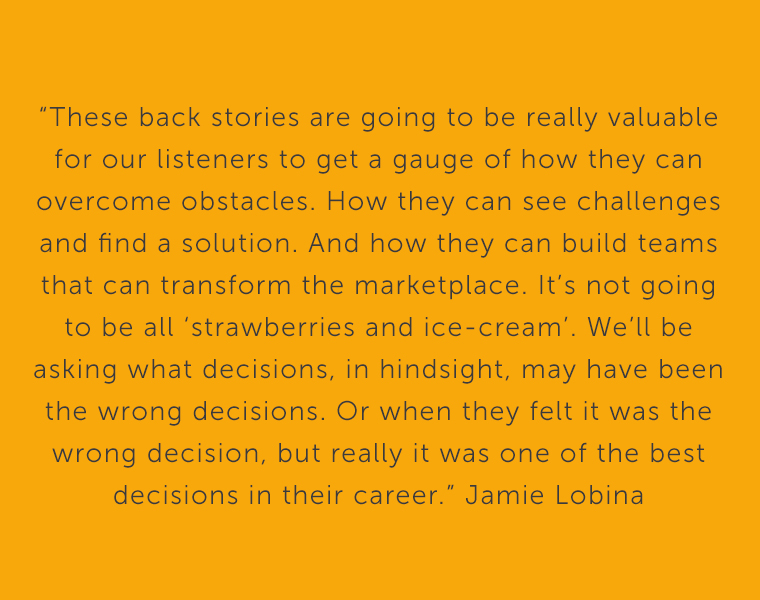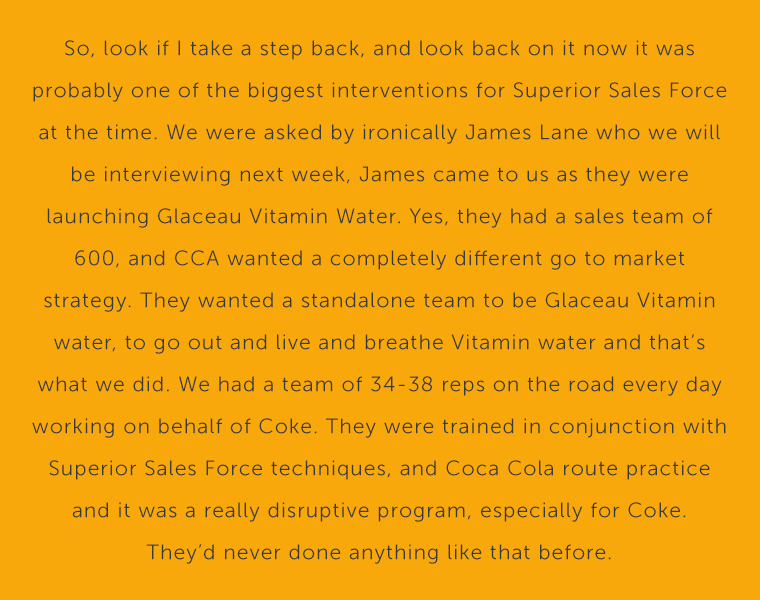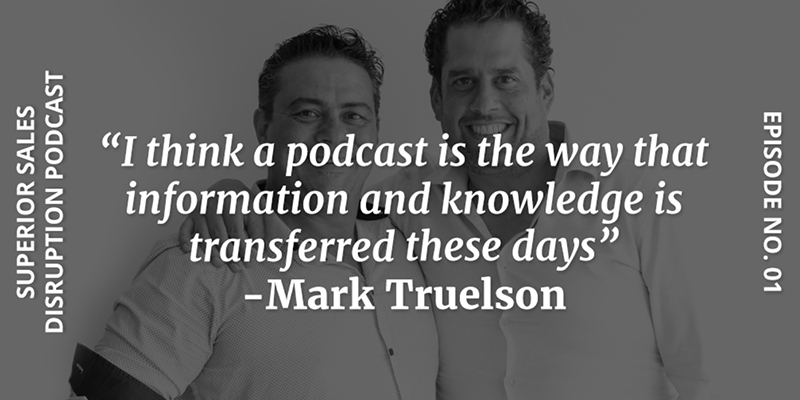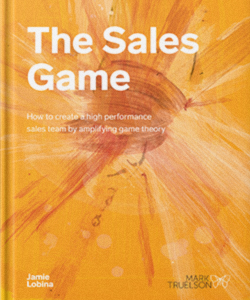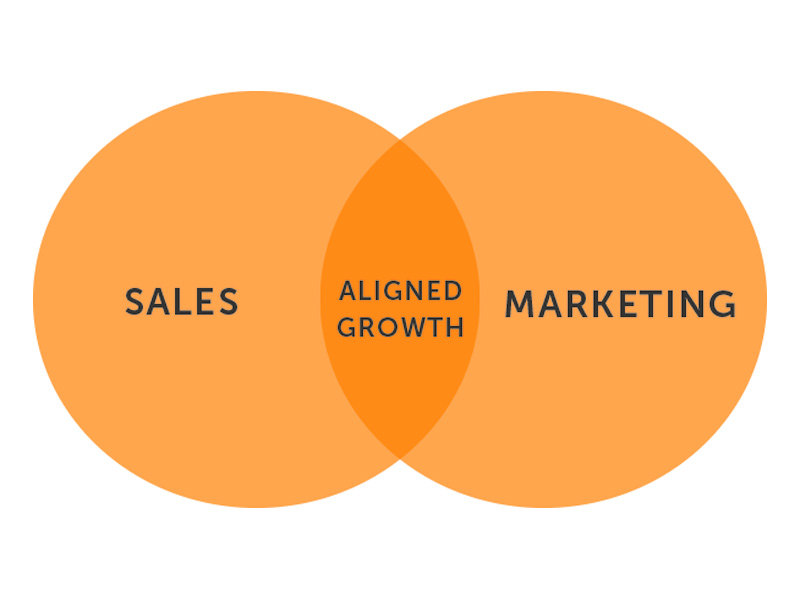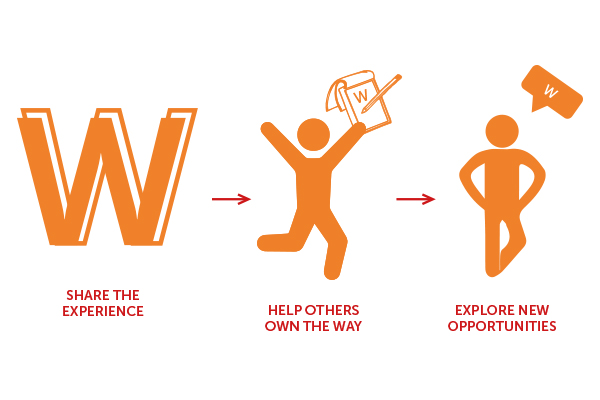Your weekly disruption
Your weekly thought-provoking exploration into building disruptive capabilities.
Superior Sales Disruption Podcast
Since the start of 2018, we have been delighted to release 60+ blogs. This has helped us engage with many sales disruptors and has been invaluable in introducing many of our mentoring and training programs. We will continue to do this. To complement this, we have launched the Superior Sales Disruption Podcast
We are very fortunate that our Media Partner for the Podcast series is Retail World who featured us in a recent edition: Superior Sales to launch a weekly podcast
The podcast will feature discussions with a “really enviable” list of people in the FMCG industry who have “made a big difference”.
Season one of the Superior Sales Disruption podcast will feature 13 interviews with industry “icons, leaders and innovators”. Among them are former Coca-Cola Amatil Sales Director James Lane, Lion National Sales Director Mark Powell, Pharmacare CEO John Donlan, and Frucor Suntory Sales Director Australia Caroline Waite.
In this ‘entree’ episode to the Superior Sales Disruption Podcast we ‘flip’ the switch by interviewing each other.
Key topics explored started from our beginnings, through to our time as National Account Managers and landed with our divergent paths through the sales and marketing industries.
Tales of disruption and even a ditty on Bruce Springsteen ensued and provides a roadmap for those who want to change the status quo and make an impact with their customers.
We are looking forward to exploring the podcast platform as we both feel it will give those who read our blogs a much deeper insight into what makes some our industries leading practitioners tick.
We had a lot of fun with our first podcast and believe there are some great takeaways from the conversation. Listen to the episode found at Superior Sales Disruption Podcast – Episode 1 or download and enjoy it on iTunes. If you’re so inclined, please leave us a review!
If you want your Sales team to Gamify it’s performance please contact us at https://www.superiorsales.com.au/contact-us/
Next week we are going to delve deeper into the elements of Creating The Game.
If you are looking at running a Sales Game workshop either email Mark at mark.truelson@superiorsales.com.au OR dig for more information at https://www.superiorsales.com.au/storytelling/workshops/
At Superior Sales we build programmes leveraging all the core drivers of capability – organisation, people, process and culture, not just skills. Refer to our white paper at https://www.superiorsales.com.au/storytelling/whitepaper/
At Superior Sales our capability experts work extensively with companies to equip sales teams, and indeed the whole organisation, to deliver a better customer experience. Please get in touch at https://www.superiorsales.com.au/contact-us/
Happy Weekend!
Your weekly disruption.
Register your details to receive your weekly thought-provoking exploration into building disruptive capabilities, Straight into your inbox.



